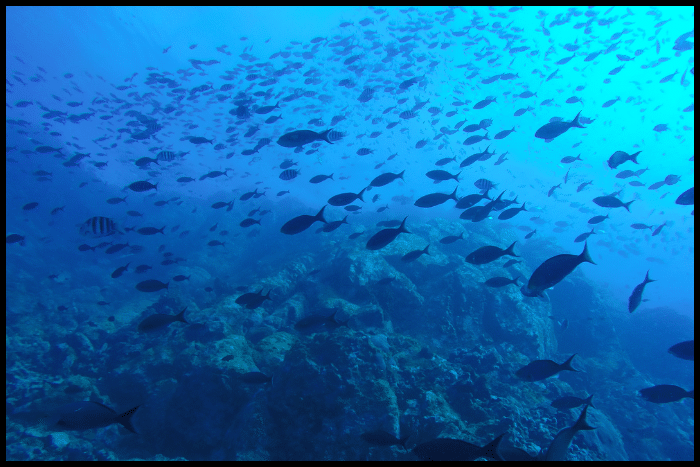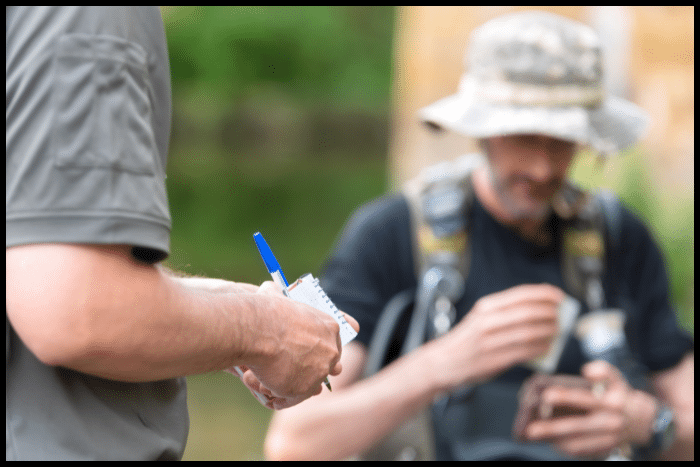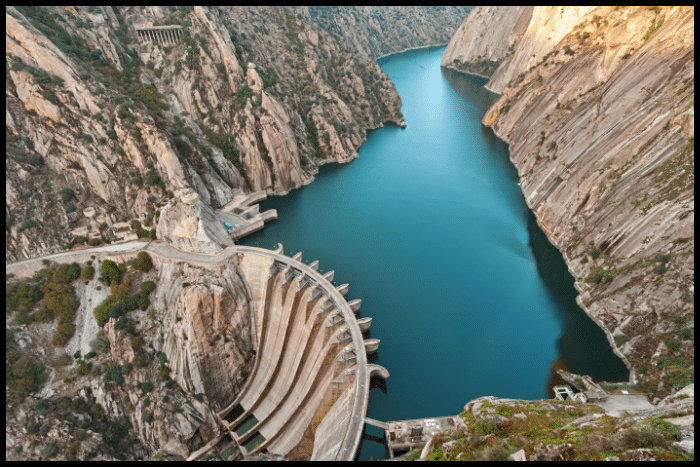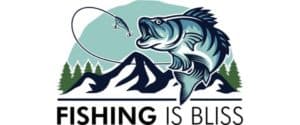Most quality anglers consider themselves to also be conservationists and environmentalists. Since fish are a valuable resource that can disappear at any time, conservation-minded anglers do their best to ensure they take care of the fish and the water they’re fishing. If done right, fishing can have a positive impact on the environment.
Some benefits of fishing on the environment include maintaining water biodiversity and providing funds for environmental protection. Every angler can make a difference in keeping everything healthy for generations. If done poorly, fishing can damage the environment.
Anglers can work alongside the environment to not cause too much stress or damage.
Maintaining Biodiversity in the Water
Maintaining biodiversity is the effort to protect the health of various species and ecosystems within each body of water.
Whether you’re fishing in lakes, ponds, streams, rivers, or the ocean, each body of water has various factors that continue to allow it to function at peak performance.
A properly maintained body of water can produce the food and nutrients the environment needs to thrive.
Population Management
One of the primary ways anglers can keep biodiversity in check is with population management. Federal and state game and fish departments work extremely hard to determine the possession limits.
These possession limits can change season-by-season depending on the spawn rate and health of the population.
If anglers are willing to follow these possession limits, the population will continue to maintain and potentially thrive depending on how the spawning season goes.
Depending on the species, population management is extremely important. For example, Asian Carp have taken over many of the waters throughout the United States.
Asian Carp are detrimental to many ecosystems because they eat necessary vegetation and the eggs and young fish needed to keep ecosystems thriving.
The non-native fish species that have been introduced to bodies of water all over the world rarely have a positive impact. They take away vital nutrients from all sorts of different living things.
However, even these non-native fish species can benefit the environment in their own ways. Many local farmers and ranchers request that anglers give them carp, bullhead, and other non-native fish.
They’ll use these fish for fertilization in their fields. The fish are creating healthier soil as well as air.
As long as scientists can find ways to use invasive species to our advantage, we can keep our environment safe.

Why Maintaining Biodiversity is Important
Population management and biodiversity maintenance are so important because there is only so much room for all of the life below the surface.
When one species of fish becomes too populated, they take food and living areas away from the others. Each native fish population has been able to thrive and naturally reproduce for a reason.
Anglers need to do their part to not only keep the native fish populations healthy but also eradicate any of those non-native fish populations that can be causing harm.
Keeping populations in check also creates a more resilient body of water.
As things become overpopulated, there’s less room for error. It continues to put more and more strain on the ecosystem, so the environment is harmed.
Less food and more carbon footprint is created trying to find those edible fish. Also, non-native or overpopulated fish eat some nutrients to keep the water healthy.
Overeating vegetation can remove oxygenation that keeps Ph levels at the proper level.
Whether people drink directly from the water source or it’s used just as a fishery, keeping everything in check allows for a better and healthier environment.
Providing Necessary Funds to Help the Environment
In the United States and many other countries around the world, the local governments are required to put all of the money spent on fishing licenses, stamps, and other fees directly back into the fisheries.
In 2021 in the United States, over $750 million was spent on fishing licenses. Since this requirement was put in place, over $20 billion have been spent by sportsmen and women.

1. The Money Supports Surveys
The money is spread out across a variety of different environmental efforts. Many states use it to conduct the necessary lake and river surveys.
These surveys gather data that communicates water health, fish populations, vegetation growth, and various other factors necessary to the environment.
They can take the data from these surveys to keep the waters healthy.
2. The Money Supports Stocking Programs
The money is also spent funding fish stocking as well as hatchery programs. By supporting these stocking and hatchery efforts, more food is available to wildlife.
In turn, wildlife takes care of other invasive species and produces necessary waste that increases our oxygen levels.
3. The Money Supports the Infrastructure
The money from purchasing fishing licenses allows states to build infrastructure to protect the environment.
Whether it’s high-water walls or dams, this money plays a major role in building the necessary infrastructure to keep our world healthy.
The high-water walls prevent flooding in farmer’s fields, allowing food and vegetation to grow and keep our air healthy.
The dams are built to keep water in reservoirs and continue to sustain necessary agricultural efforts.
Water is a valuable resource, and through the willingness of anglers to purchase fishing licenses, state and federal agencies can be well-funded enough to keep our water levels where they need to be.

4. The Money Supports Environmental Education
One of the final things that the funds support is environmental educational programs. One of the best things that can be done for the environment is to tell people about its current issues.
Without knowledge of what’s occurring, people don’t know how to help or what changes to make daily.
States can use these funds to do their best to tell their citizens how to protect their water sources and the rest of the environment.
Through these efforts, the goal is for program attendees to discuss the issues with their friends and family and for the word to be spread about how to keep everything as healthy as possible.
Anglers and game and fish agencies have a front-row seat to the continued changes in our environment.
Wildlife and water sources are some of the first things to be impacted by negative things that happen in the environment.
These outreach efforts spread the news quickly enough to do something about the downturn in the environment before it becomes irreversible.
Conclusion
While fishing is often considered a detriment to the environment, there are plenty of positive things it does to continue to make it a priority.
Anglers need to do a far better job of picking up waste, harvesting the proper amount of fish, and reducing their carbon emissions while doing other things that help the environment.
Keeping our fisheries diverse and utilizing the money to educate everyday citizens about the importance of doing everything in our power to protect our environment is the direction we should continue as anglers.
